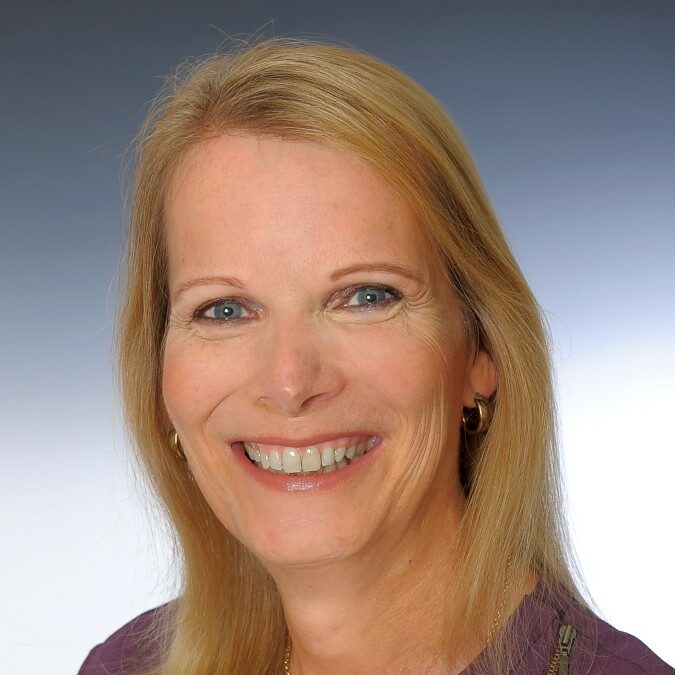Contemporary C++ in Action
This talk is different from typical conference presentations. Instead of focussing on one particular topic I want to take you with me on a journey where I put various pieces from the C++ landscape together into a small application and show how they fit together beautifully. My goal is to debunk the myth that the committee is looking to please experts and library developers instead of making life easier for the many developers in the trenches. This is not slideware, at the end of our tour the code will compile and run with some entertaining result.
On this journey, I will be visiting modules (using modularized popular libraries and others that constitute the app), do some network programming with coroutines (based on ASIO executors, as there are no C++ standard executors yet), slip in one or two of the flagship C++23 features, like explicit object parameters or some of the new library stuff, and season the stew with items from recent C++ standards. It's a tiny application using techniques that an average programmer in the embedded or industrial world (like me) might find useful. The code I'll show also contains very tiny fragments of condensed or simplified sources in active development taken from our in-house codebase - old and trusted, but thrust into the modern age.
If time permits, I will detour a little into modules and show the options that C++20 gives you to create and compose your own modules. For that matter, almost every module translation unit type is present in the demo code to look at how these things can be done in practice. A second insert is a discussion of the object lifetime safety that coroutines can offer when composed well, and how important cancellation is.

Daniela Engert
Daniela has a degree in electrical engineering and has been working for more than 30 years in small innovative companies in the field of software and hardware development. She has spent her youth with exploring the very first microprocessors since the late 70's, and has been creating software professionally for 40 years now. After a long time using many different programming languages, C++ has now been the exclusive workhorse throughout the last two decades. With great pleasure Daniela is now also a member of the ISO C++ committee. For the better part of her career, the domain was applied digital signal processing (medicine, metrology, reconnaissance), but during the last decade the focus shifted onto special engineering in the field of industrial non-destructive testing of semi-finished and finished steel products using ultrasound. Besides that, she loves to relax with hard metal and soft cheese, hot curries and cool jazz.

